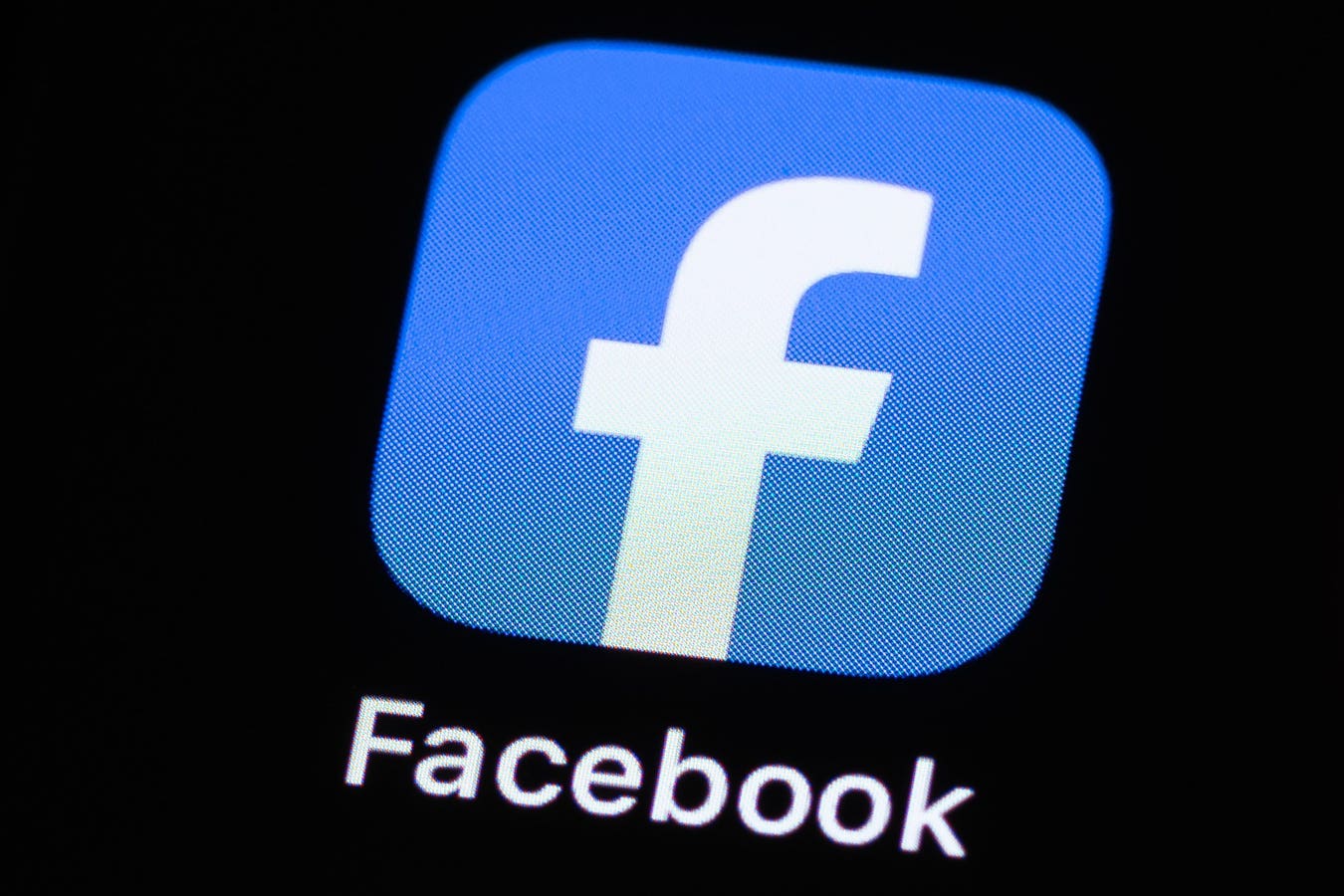Facebook is purging accounts, 10 million gone in just six months.
Update, July 20, 2025: This story, originally published on July 18, has been updated to include additional reporting on how some readers say their accounts have been wrongly deleted as part of the Facebook purge, along with a warning as scammers strike trying to take advantage of users looking for help in restoring their suspended or deleted accounts.
Some of the world’s biggest online platforms are purging accounts. We’ve seen Google Maps and Gmail users impacted, Samsung recently emailed me an account deletion warning, and now Facebook can be added to the list. Meta has confirmed that a staggering 10 million accounts have been deleted in the first half of 2025 alone, and the purge is not stopping there. Here’s everything you need to know.
10 Million Facebook Accounts Deleted Since The Start Of 2025
Nobody likes the thought of their online accounts being deleted, which is why there was something of a panic around Google sending emails about just such a purge when they hit inboxes towards the end of 2023. Of course, that panic was unjustified, as the emails referred to a change in Google’s inactive account policy, which meant that those left unused for two years were being deleted. But what if active accounts are being purged, as is the case with the Facebook confirmation, is that cause for concern? The answer, at least for the overwhelming majority of legitimate Facebook users, is a resounding no. In fact, I’d argue it’s cause for security celebration.
A July 14 announcement in the Facebook creators blog explains exactly why in its lede: “We believe that creators should be celebrated for their unique voices and perspectives, not drowned out by copycats and impersonators.” Given the warning issued to all 220 Amazon Prime customers regarding attacks where brand impersonation was front and center, it should come as some relief to us all that Meta is taking the issue seriously when it comes to Facebook creators. All too often, such impersonation is just one step away from malicious intent, using the reputation of others to engender trust and leverage attack methodologies.
As a continuation of efforts to remove spammy content, including fake engagement and impersonation, Facebook has confirmed that since the start of the year, it “took down around 10 million profiles impersonating large content producers.” This is in addition to 500,000 accounts found to have been engaging in said spammy behavior and fake engagement having comments demoted, reach reduced and monetization stopped. The good news is that Meta intends to carry on doing more of the same. “Facebook aims to be a place where original content thrives, and creators are rewarded for their hard work and creativity,” the announcement concluded.
Facebook support pages say that users can appeal any account suspension within 180 days, after which it will be permanently disabled. “You’ll know if your account is suspended or disabled because you’ll be informed in an email,” Facebook said, and when you log in, “you’ll see we’ve suspended your account or we’ve disabled your account.” You will then be prompted to appeal the suspension. However, as Facebook also points out, accounts may be disabled without prior suspension in “cases of severe or time-sensitive violations.”
Is Meta Deleting Legitimate Facebook Accounts In Error?
Not long after this article was published, the first emails, tweets, and messages began arriving from readers who wanted to protest that Meta had deleted their Facebook accounts without cause. This is not, I must admit, unusual. Whenever I write about accounts being deleted for any service, I receive similar protestations. But not on this scale.
“Search meta ban wave on Reddit, Twitter, and TikTok,” one reader advised, “Meta’s AI has banned thousands of legitimate accounts without valid reason, and Meta refuses to acknowledge the error.”
“I strongly believe this purge, while framed as a safety measure, is sweeping up innocent people and branding them as criminals without recourse or transparency,” another wrote.
It didn’t take long to find that there is, indeed, something of a mass movement of people complaining that their Facebook and Instagram accounts are being deleted without justification. This July 3 BBC report details a number of them, complete with allegations that the use of AI is behind the phenomenon. While Meta does state that AI is used as part of the content review process, there is no evidence that it is wrongly labelling accounts en masse, as the complaints would seem to suggest. A Meta spokesperson said, “We take action on accounts that violate our policies, and people can appeal if they think we’ve made a mistake.” The BBC reported that Meta has acknowledged a “technical error” with Facebook Groups, but added that it “has not seen evidence of a significant increase in incorrect enforcement of its rules on its platforms more widely.”
Warning: Beware Of The Facebook Account Restorer Scammers
It is, unfortunately, a sad reflection of the world we live in that mercenary scammers will strike at the first hint that someone is vulnerable and is reaching out for help. That is certainly the case as far as those looking for help when it comes to restoring a suspended or deleted Facebook account. Well, any online account, to be fair. If you don’t believe me, try posting a message on any social media platform asking for help because your Facebook, Google, X or whatever account has been hacked or cannot be accessed. The automated replies, as the vast majority of these scams will initiate contact through bots, will start swarming within minutes.
The first bot to strike was within minutes of posting —despite the disclaimer saying it was a fake … More
Do not reply to any of these. In my experience, they are all likely to be scammers. If not trying to lure you into giving up credentials, downloading malware or remote software to enable system access, then they will be soliciting payments for services that are either not actually possible or can be done for free by using official support channels.
Sometimes you don’t even need to approach them, as scammers will use bots to monitor social media postings and then scrape up email contacts to send phishing emails that, most often, pose as those official support channels. A Facebook spokesperson said, “If you get a suspicious email or message claiming to be from Facebook, don’t click any links or attachments. You can view recent emails sent from Facebook in your Facebook settings.”









